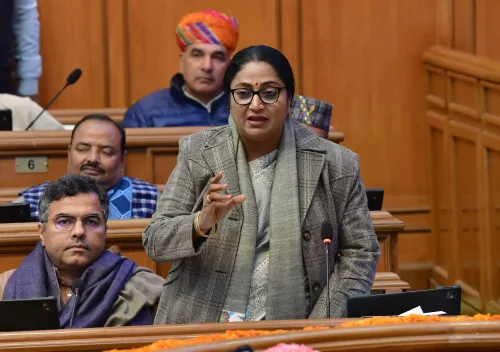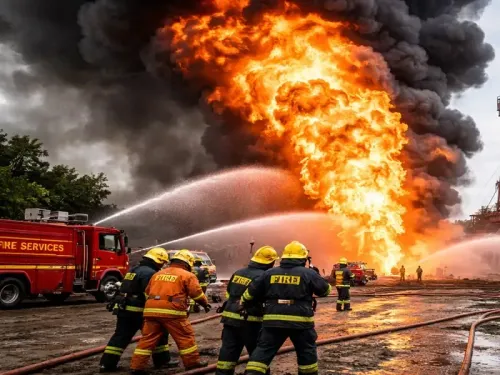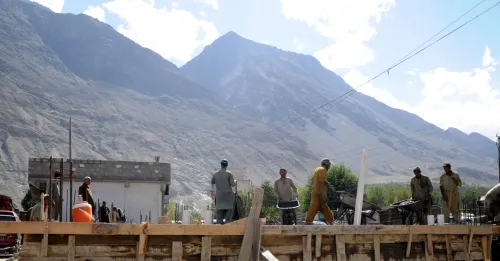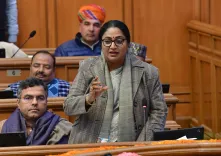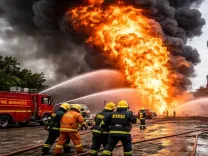Is the Khalistan Embassy in Canada a Provocation That Ottawa Will Address?

Synopsis
Key Takeaways
- Pro-Khalistani elements have shifted focus to Canada.
- The Khalistan embassy in Surrey is a significant diplomatic concern.
- Relations between India and Canada are increasingly strained.
- Canada’s political climate complicates actions against these groups.
- India has provided evidence of terrorist activities linked to these factions.
New Delhi, Aug 8 (NationPress) After failing to achieve significant traction in India, pro-Khalistan factions have turned Canada into their operational base for several years. The relationship between India and Canada has deteriorated sharply due to this issue. New Delhi has accused the Canadian government of harboring Khalistani groups that threaten India's security.
Compounding the situation, an alleged Embassy of the Republic of Khalistan has been established in Surrey, British Columbia. This move further strains the already fragile diplomatic ties between the two nations.
Although relations under Justin Trudeau plummeted, a shift in leadership to Mark Carney rekindled some optimism for renewed collaboration. Nonetheless, the influence of pro-Khalistani elements makes it challenging for any political party in Canada to dismiss them.
The so-called embassy is situated at the Guru Nanak Sikh Gurdwara, previously overseen by Hardeep Singh Nijjar, a designated terrorist in India. His assassination sparked significant diplomatic discord.
The inauguration of this embassy is not merely concerning; it represents a bold act by individuals linked to terror organizations, drug trafficking, and gangs. So far, Canada has remained silent on this matter.
The Indian High Commission in Ottawa condemned this development, labeling it a direct threat to India’s sovereignty. The High Commission urged the Canadian government to take action against such groups. Ironically, no comment has emerged from David Eby, the Premier of British Columbia.
This embassy reportedly received USD 150,000 in funding from the provincial government. The NDP government of British Columbia, previously led by Jagmeet Singh, known for his Khalistan sympathies, complicates matters further. India has provided multiple dossiers detailing the activities of these groups, indicating that individuals in Canada are orchestrating a terror-gangster nexus primarily active in India.
Despite this, Canada has turned a blind eye and, at one point, accused India of involvement in Nijjar's death. The pressing question is: why does Canada hesitate to act against these menacing factions? Politicians in Canada tend to view them not as terrorists, but as legitimate political actors. Campaigns advocating for a Khalistan state and related referendums are often dismissed as non-violent expressions.
The primary reason behind this inaction is political; the substantial Sikh vote bank is too significant for Canadian politicians to overlook. According to the 2021 census, there are approximately 770,000 Sikhs in Canada. While most do not support the Khalistan movement, a minority does, making Canadian politicians wary during elections.
Can both nations afford to ignore this issue and allow relations to deteriorate further? The answer is no. Both India and Canada must confront these elements.
Canada acknowledges the challenge but has yet to take decisive action. Indian officials may realize the severity of the situation only when Khalistani elements begin to manifest violently in Canada, jeopardizing its national interests. This escalation has been gradual, but the critical question remains: how long will Canada delay?


